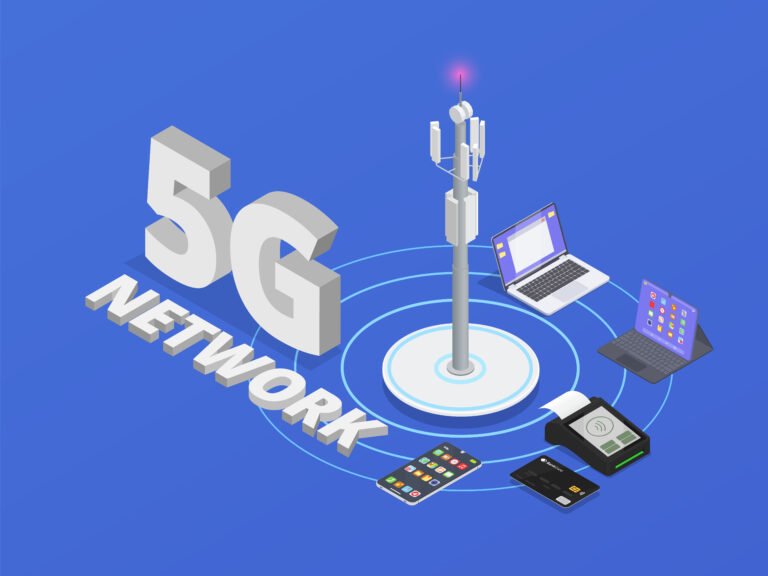
In today’s tech-driven world, the integration of machine learning into mobile applications is revolutionizing our daily experiences. As the fastest-growing segment of artificial intelligence (AI), this powerful combination not only streamlines operations but also boosts revenue for businesses. Let’s delve into the relationship between machine learning and mobile apps, unveiling the incredible potential of expert hybrid app development.
The Synergy of Machine Learning and Mobile Apps
Machine Learning, a cornerstone of Artificial Intelligence, offers a versatile solution for addressing challenges in mobile app development. Its algorithms focus on continuous learning, ultimately enhancing the end-user experience. Almost every app now incorporates machine learning, seamlessly working in the background. However, to truly satisfy your users, you must bridge the gap between customization and personalization. Expert hybrid app development, alongside AI and ML, is reshaping the mobile app landscape, providing a more user-friendly and adaptive experience.
The evolution of artificial intelligence has closed the gap between user activity and assistance during downtime. It’s even making mobile apps more engaging, especially for children, with globally updated features. Achieving an optimal omni-channel user experience becomes feasible with adaptive mobile app development.
The Benefits of Infusing Machine Learning into Mobile Apps
- Facial Recognition: Mobile apps can benefit from enhanced security through facial recognition. Healthcare providers can also utilize this technology for patient health assessments.
- Efficient Search: In e-commerce and other apps, machine learning improves search functionality, prioritizing the most relevant results based on user queries, making it easier for customers to find what they need.
- Knowledge Discovery: Machine learning algorithms excel at data mining, efficiently extracting valuable information from vast datasets and establishing connections between data sets.
- Forecasting: Predicting customer desires and market trends is crucial for business success, and machine learning in mobile apps can aid in this endeavor.
- Personal Assistant: Integrating machine learning empowers virtual personal assistants to understand natural language, contextualize user requests, and enhance the overall user experience.
- Chatbot: ML-powered chatbots automate customer support, ensuring speedy responses and understanding users’ writing styles to provide relevant solutions.
- Improved Sales: Machine learning analyzes prior user interactions to provide personalized product recommendations, effectively attracting customer attention.
- Accurate Measurement of Potential: In sectors like banking and finance, machine learning aids in fraud detection, reducing fraudulent activities, credit card fraud, and assessing a person’s ability to repay loans.
In Conclusion
The integration of machine learning into mobile apps offers an array of features such as data mining, improved search, trend forecasting, personal assistants, chatbots for customer support, enhanced sales through tailored recommendations, and fraud detection. By aligning your app’s requirements with machine learning technologies, you can unlock its full potential and provide a more seamless and personalized experience for your users.
Image by Freepik






